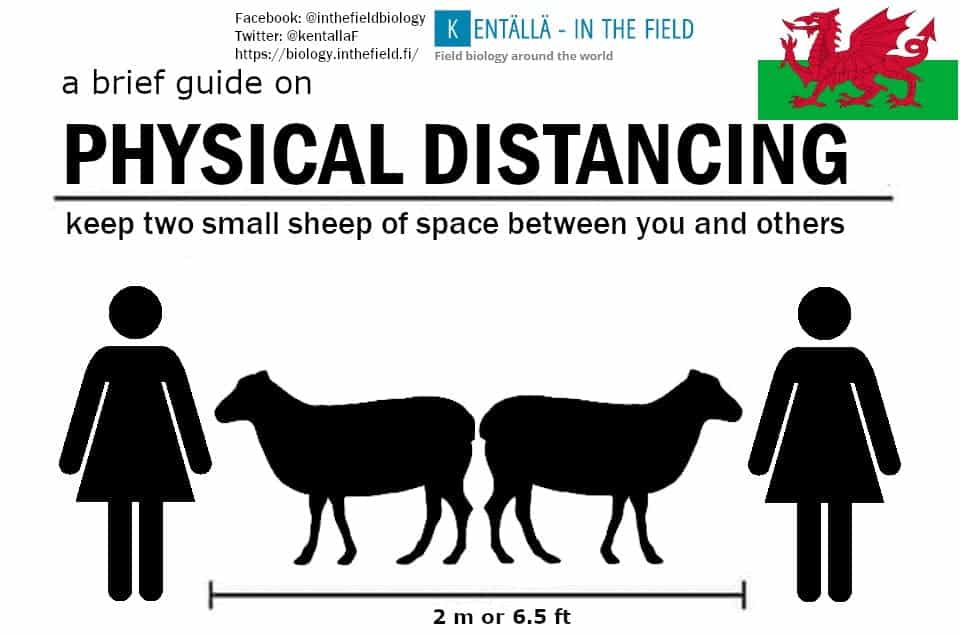[Editor’s note: This guest post from crisis pro Janie Jordan highlights the importance of avoiding negative language in your crisis communications. While it’s more natural for many people to use words like don’t, not, won’t, or can’t when describing situations, substituting more positive or at least neutral ways to express the same ideas has a surprisingly beneficial effect.]
In a crisis only 5% of your communication will be heard.
The rest – that fat, big 95% – is body language, tone of voice, gestures, appearance and physical space.
So, leaders, make that 5% work for you, not against you.
Use only active, positive language. Stop, please, using negative language. Stop, using don’t, not, won’t, can’t … you get the picture. Be careful; with you gestures, appearance and tone. (Our last post provided guidance on appearance. If you’d like a copy, please email me at [email protected])
Negative language leads to panic, creates confusion. Indeed, negative language is the most toxic communication we can create. Negative language drives communication out of control. (Think, don’t panic!)
When you say, don’t panic, we do just that … panic.
It seems that staff in the Prime Minister’s Office, without necessarily knowing the science behind this, know this too. According to one recent report, “There is a belief in the prime minister’s office that if he says, ‘don’t panic’ then people in fact do panic.”
So, what does one say if not, don’t panic.
The obvious default is stay calm! Just think of all the memes that have been created. Here’s just one.

Say what you want people to do, think, say, feel, think!
For example, There’s plenty of the essentials, like toilet paper. The head of Woolworths has reassured me there is more than enough for everyone. Let the experts do the stockpiling in their properly prepared warehouses.
Messages like these work:
- stay inside
- stay at home
- keep physical distancing of 1.5 metres.
Use pictures and humour to reinforce a key behaviour. Take a leaf from some of the animal lovers, they’re using some great memes. Here’s but one:

Right now, we need optimism and that comes with positive, active language.
I highly recommend, to help ensure the safety, health and wellbeing of all of us, that we all begin monitoring and translating our own negatives today.
Let us all start collecting our negatives daily and doing our translations immediately. It’s one of the key disciplines of leadership. And right now, we need calm, courageous and positive, active language from our leaders. Let’s start with the leader within – ourselves.
There are plenty of resources out there.
Following is one from The Passive Voice Detector.
| Active Voice | Passive Voice |
| The meteor caused a large flash of light. | The large flash of light was caused by the meteor. |
| Flying ducks smashed the nose cone of the aircraft. | The nose cone of the aircraft was smashed by flying ducks. |
| The maid swept the floor quickly. | The floor was quickly swept by the maid. |
| The mechanic snapped the spanner when fixing the car. | The spanner snapped when the mechanic was fixing the car. |
| The learner driver applied the brakes too hard. | The brakes were applied too hard by the learner driver. |
I also highly recommend Don’t, the book by Bob Seldon. It’s a tremendous resource – very practical with great examples and exercise. Read it. It really is the ‘bible’ and shows how using the right words will positively impact your life.
Lastly, I challenge you to turn these negative sentences, from two of our leaders, into positive, active sentences:
Prime Minister, Scott Morrison:
“These are not simple things to do when you’re talking about rolling out programs of income of support to millions of people.
“It is not that far away,” he said.
NSW Premier, Gladys Berejiklian:
“There are still a proportion of the community who are not doing the right thing, and that is heartbreaking,” she said.
“This is the best way we can contain the spread and the best way we can have some comfort that there won’t be stricter conditions that people will find very difficult to live with.”
Janie Jordan is a globally recognised leader in high-stakes communication and author of the acclaimed book, The Four Highly Effective Stages of Crisis Management
